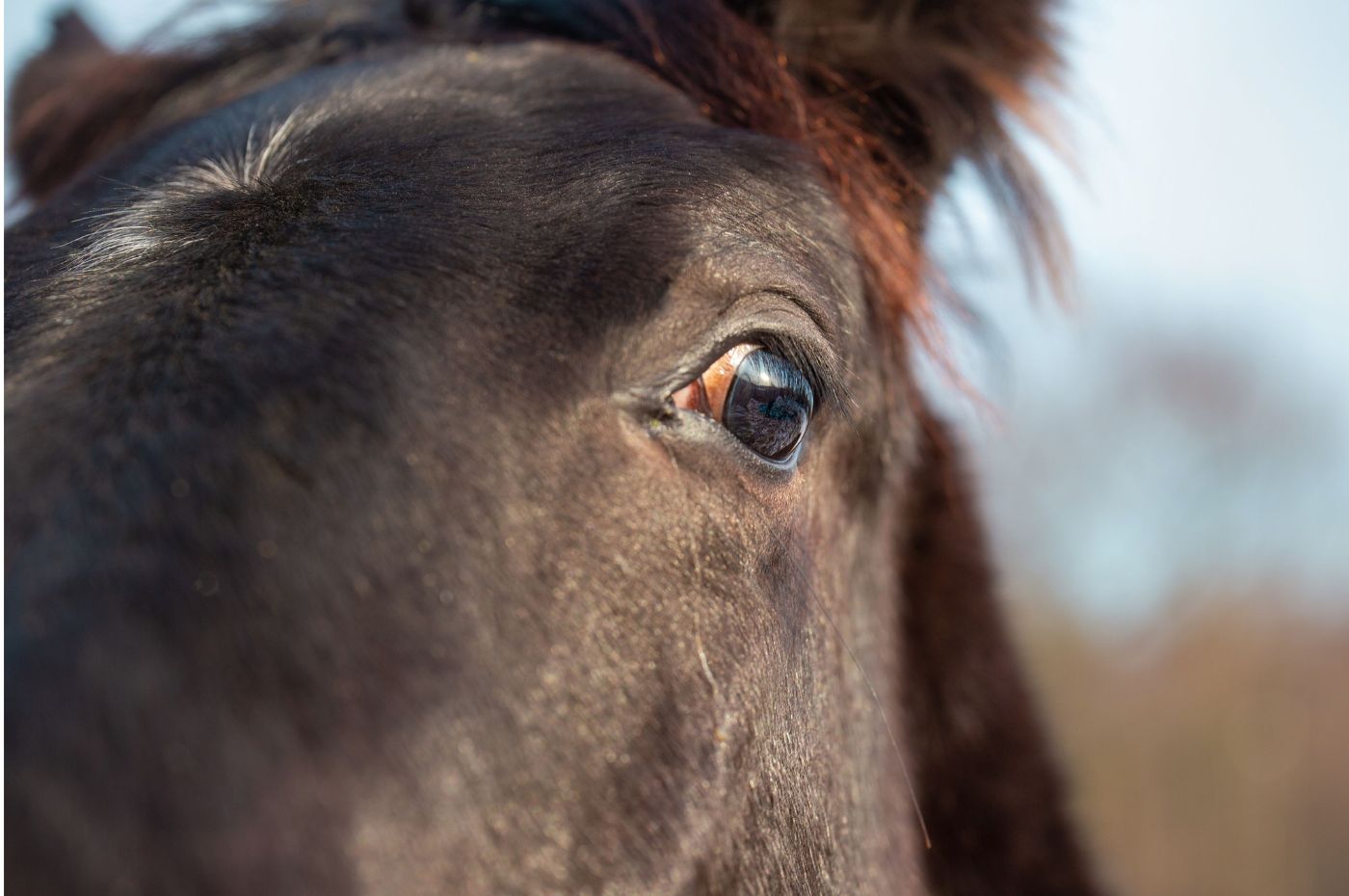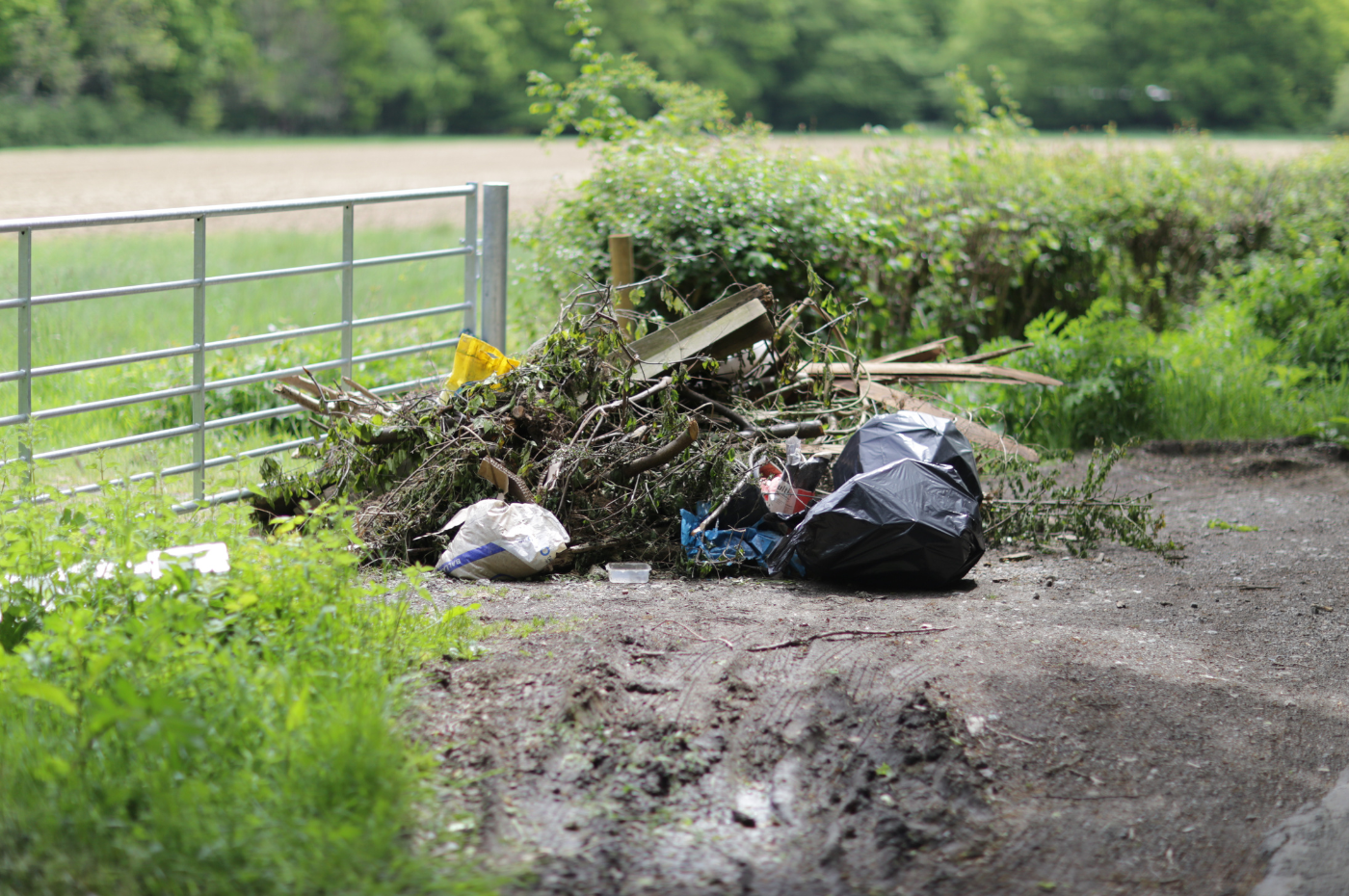Rural crime strategy ‘not enough’ without proper funding
The Countryside Alliance says rural crime is outpacing policing, with rising...
View Details
Three years ago, after more than a decade of controversy and turmoil, the RSPCA announced that it would halt private prosecutions to prevent the “reputational damage” they were doing to the organisation. Like an addict, however, it cannot quite quit the habit and another scandalous case reported this week should be the final nail in the coffin of RSPCA prosecutions.
The RSPCA prosecuted Kirsten Fock on four welfare and neglect charges relating to ponies and horses she had rescued. Judge Pattinson cleared her of all charges after a trial in Aldershot Magistrates' Court. His comments were revealing, but also depressing for those of us who have heard the same story so many times.
Judge Pattinson said that after hearing the evidence his impression was that Ms Fock “is a remarkable woman of the highest integrity and knowledge of equine welfare” and that “her veterinary records…run to hundreds of pages. She would spare no expense either in providing veterinary care.”
Judge Pattinson was, however, less impressed with the RSPCA and commented that: “From time to time I formed the impression that some of the prosecution witnesses were following a hidden agenda and were somewhat too keen to pursue a prosecution, rather than accepting that veterinary medicine does not always permit only one course of action and one opinion.”
In the politest possible way, the judge put his finger on exactly the issue that has been so obvious to those outside the RSPCA for many years. It is institutionally incapable of making objective prosecution decisions, because once it has set its sights on a target it cannot ever again question their guilt. That is the “hidden agenda.”
Ms Fock had rescued 24 ponies and horses from a journey to a Belgian slaughterhouse. She had spent a fortune on veterinary care and provided for her charges to the highest standards. Some of them were aged and had ailments, but she was very clearly determined to give them the best life she could for as long as she could. It is very difficult to understand a thought process that could justify the prosecution of such a person unless, perhaps, you are inside an institution that cannot consider that it might ever be wrong. Like the private prosecution of postmasters, and the RSPCA has used the same lawyers and tactics as the Post Office, such cases look completely mad from the outside, but no-one on the inside can apparently see that.
That is why the RSPCA’s decision in 2021 to ‘step back’ from prosecutions was the right one and why its then Chief Executive, Chris Sherwood, was right when he said: “We believe this responsibility should sit with the Crown Prosecution Service (CPS), which is a statutory public body with regulatory oversight.”
So why is the RSPCA still bringing prosecutions? There is no reason whatsoever that cases like this could not be passed to the CPS other than an institutional obsession with private prosecutions. The RSPCA should deliver now on its commitment to drop this toxic habit once and for all for the benefit of the victims of its prosecutions, their animals, and its own reputation.

The Countryside Alliance says rural crime is outpacing policing, with rising...
View Details
The Countryside Alliance’s latest investigation has revealed that from 2022 to...
View Details
Dumping rubbish in the countryside is an anathema to most of us, but new...
View Details